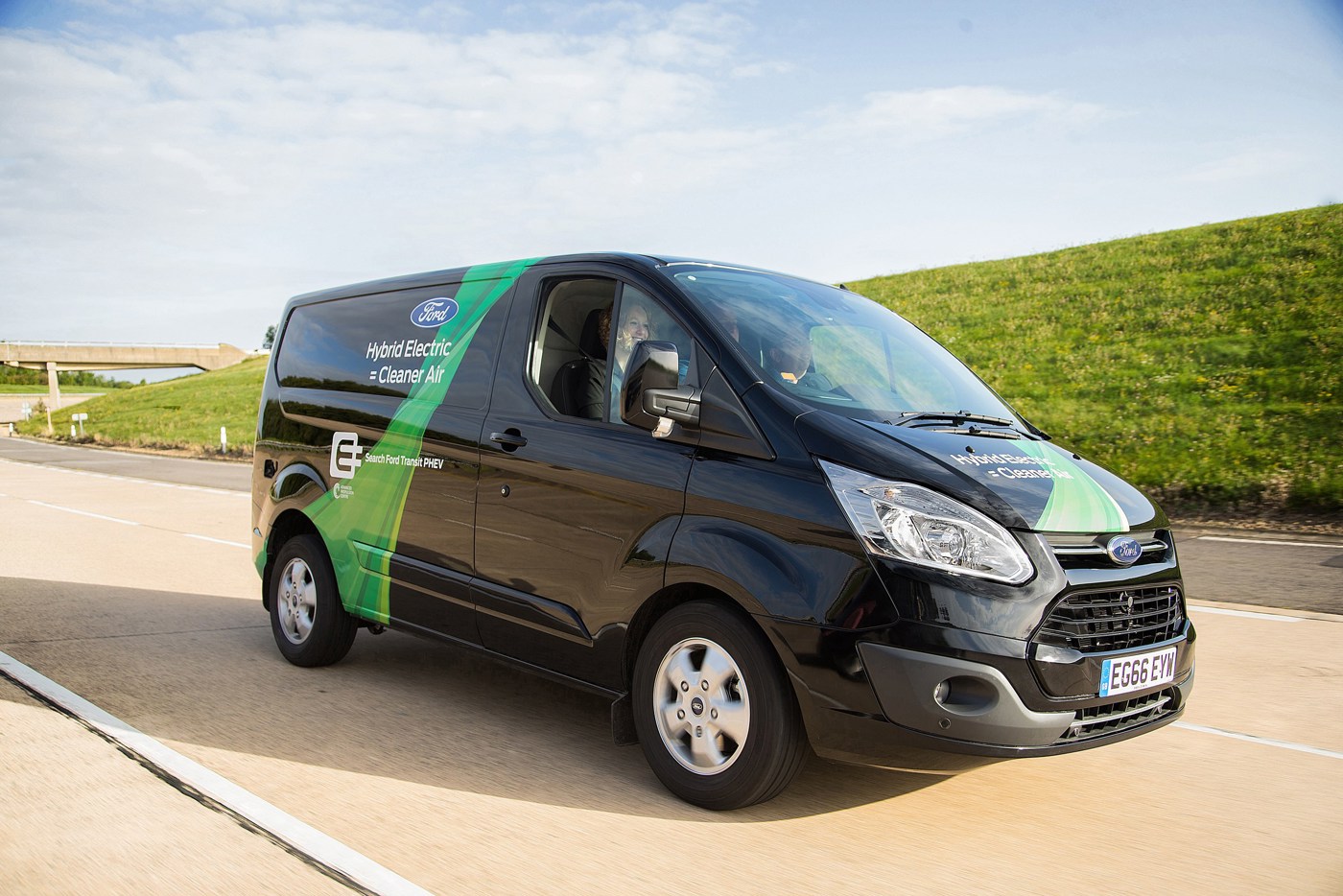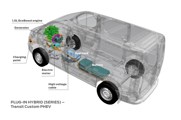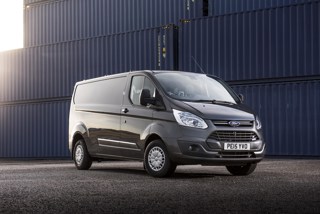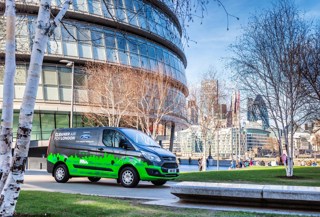Ford’s new plug-in hybrid electric (PHEV) Transit Custom van has made its public debut at the Cenex Low Carbon Vehicle event in Millbrook, UK.
Scheduled for volume production in 2019, the Transit Custom PHEV has an advanced hybrid system that targets a zero-emission range in excess of 31 miles and features the multi-award winning Ford EcoBoost 1.0-litre petrol engine as a range extender.
The EcoBoost engine charges the on-board batteries when longer trips are required between charging stops, providing operators with outstanding efficiency and flexibility.
Twenty PHEV Transit vans will begin a 12-month fleet customer trial in London, which will explore how the hybrid electric vans can contribute to cleaner air targets and enhanced productivity in city use – the toughest working environment for vehicles.
“For more than 50 years businesses have relied on Ford Transit to get the job done, and we are determined to maintain that tradition as we move into the electric age,” said Mark Harvey, director, urban electrified van programme, Ford of Europe. “Seeing the PHEV Transits on the road is an exciting milestone, and we look forward to teaming up with our London partners and customers to explore how these vans can reduce emissions and operator costs in the city.”
Ford is the first volume manufacturer to offer PHEV technology in this segment of the van market. The technology enables the vehicle to be charged with mains electricity for zero-emission journeys, while the compact and fuel-efficient EcoBoost engine generates additional charge for the batteries when required. The Transit Custom PHEV uses a series-hybrid driveline configuration, with the vehicle’s wheels driven exclusively by an electric motor, rather than by the combustion engine.
The battery pack is a compact liquid-cooled lithium-ion design located under the load floor, preserving the full cargo volume offered by the standard Transit Custom van.
In addition to the zero-emission capability exceeding 31 miles, the Transit Custom PHEV uses petrol fuel for a target total range of more than 310 miles to eliminate range anxiety. The PHEV also has an increased payload capacity compared with battery-only electric vehicles, and the ability to offer quick and easy recharging from a standard electricity supply.



























Steve Best - 07/09/2017 15:32
I wonder how this will work, we have guy's that forget to charge their mobile phones overnight, never mind their vans on their own electric?